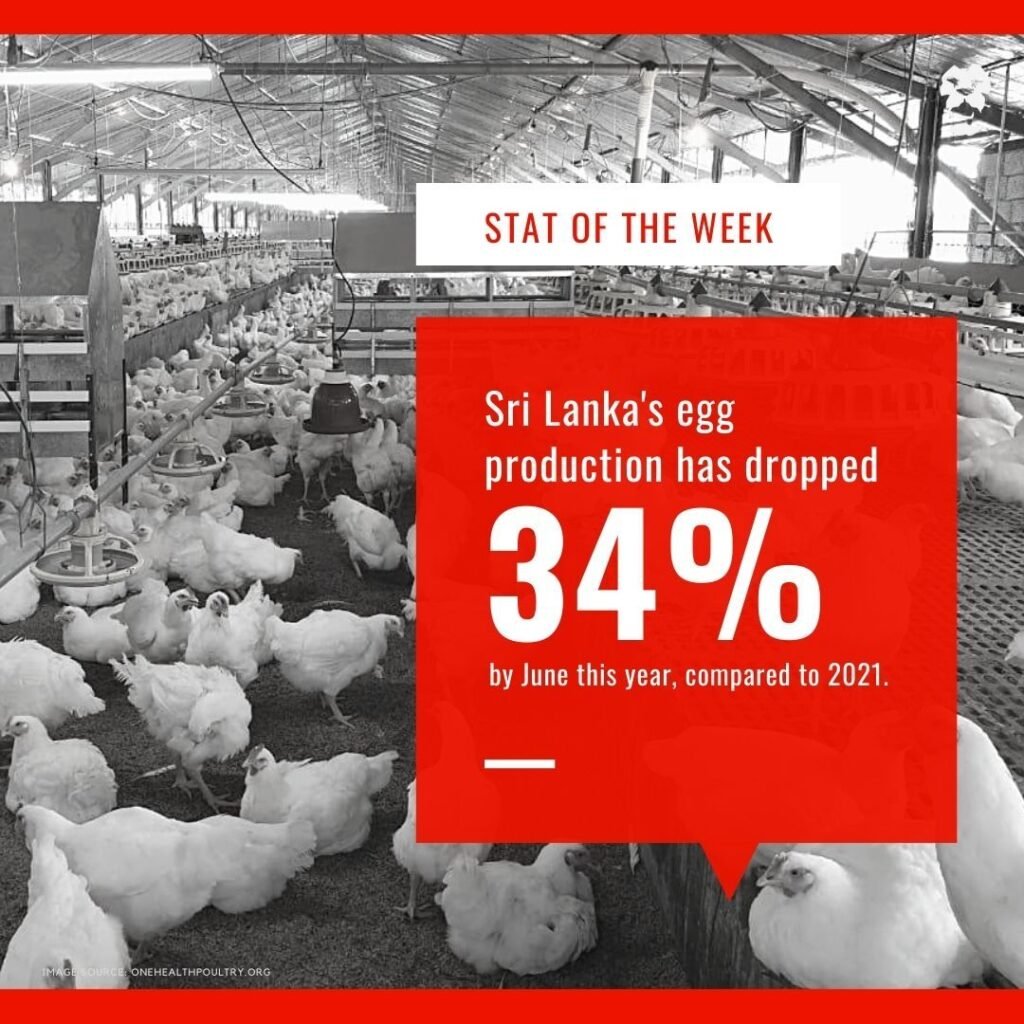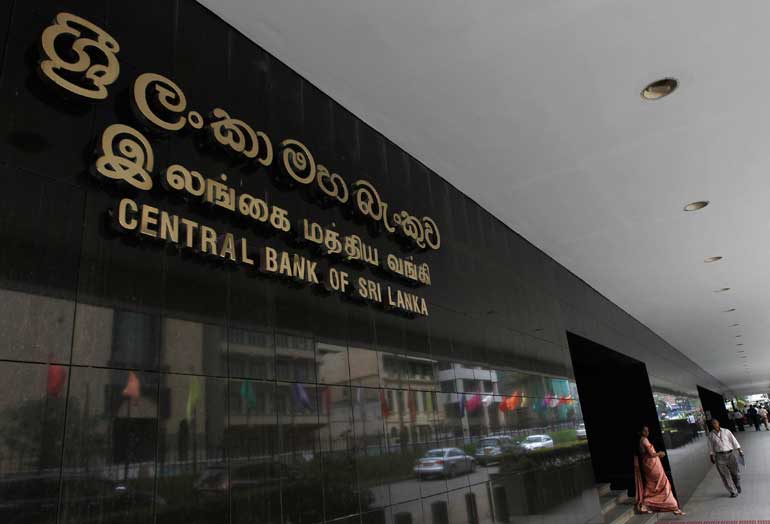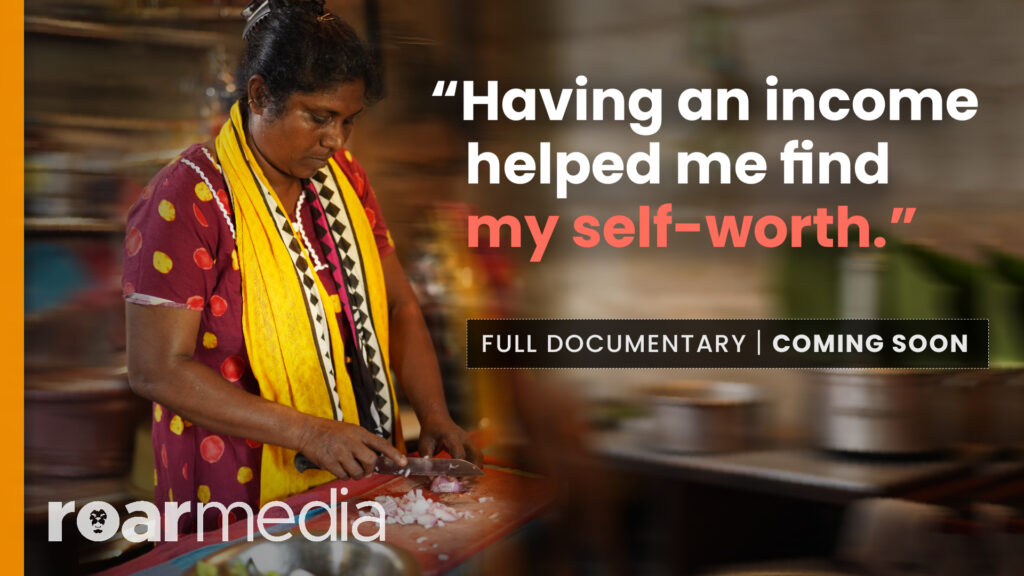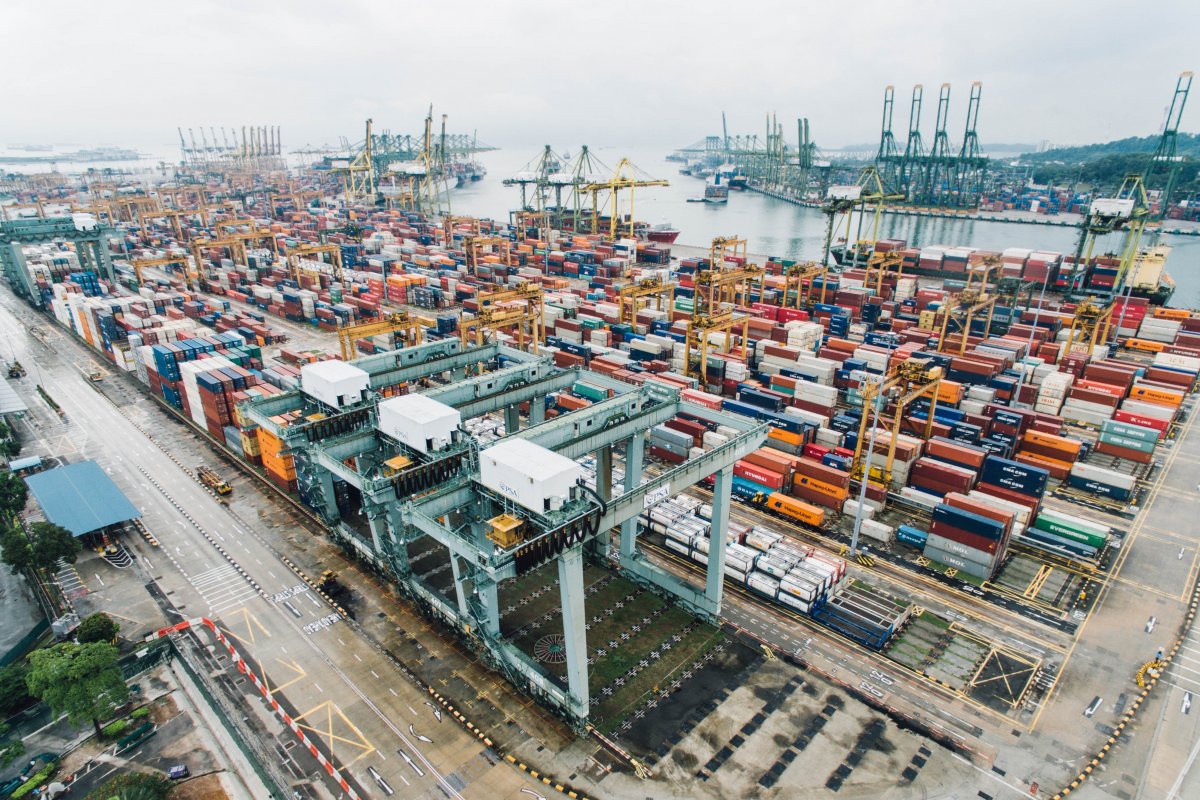
A year on since the COVID-19 pandemic upended our world, there are signs that the change in the way we think about global supply chains is going to be permanent.
Take for instance air conditioning giant Daikin Industries’ decision to more aggressively operate on the principle of “local production for local consumption”. Since air conditioners are seasonal products that need swift delivery to markets, Daikin hopes that building manufacturing plants in different countries will allow it to eliminate the risk of running out of stock in a given market, thus losing market share to a rival. German chemical giant BASF, which already operates a plant in Sri Lanka, has also decided to follow a similar strategy.
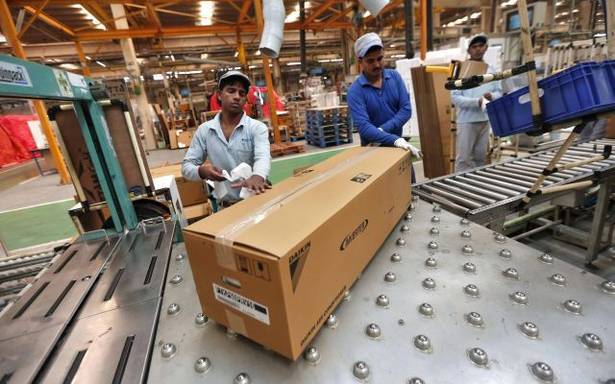
Yossi Sheffi, the director of the Massachusetts Institute of Technology’s Center for Transportation and Logistics is of the opinion that more businesses will follow Daikin and BASF’s lead. In his new book “The New (AB)normal: Reshaping Business and Supply Chain Strategy Beyond COVID-19”, Sheffi writes that “In a whack-a-mole world where pandemics, nationalistic trade policies, and local disasters hit different locations at different times to impede the production, flow, or consumption of goods, no single source location can be safe. “Instead, a multi-shore network of locations provides local presence to serve local customers … as well as the resilience required to manage risks of disruptions to capacity.”
An emerging opportunity for Sri Lanka
So obviously, things are going to change, and through change, comes opportunity. This is especially true for countries like Sri Lanka, who may lack the resources to become a low-cost destination, but definitely possess the ability to take advantage of lucrative niches. But where do those opportunities lie, and which ones are actually worth pursuing? That is the question AmCham Sri Lanka’s TradeShifts project has attempted to find answers to.
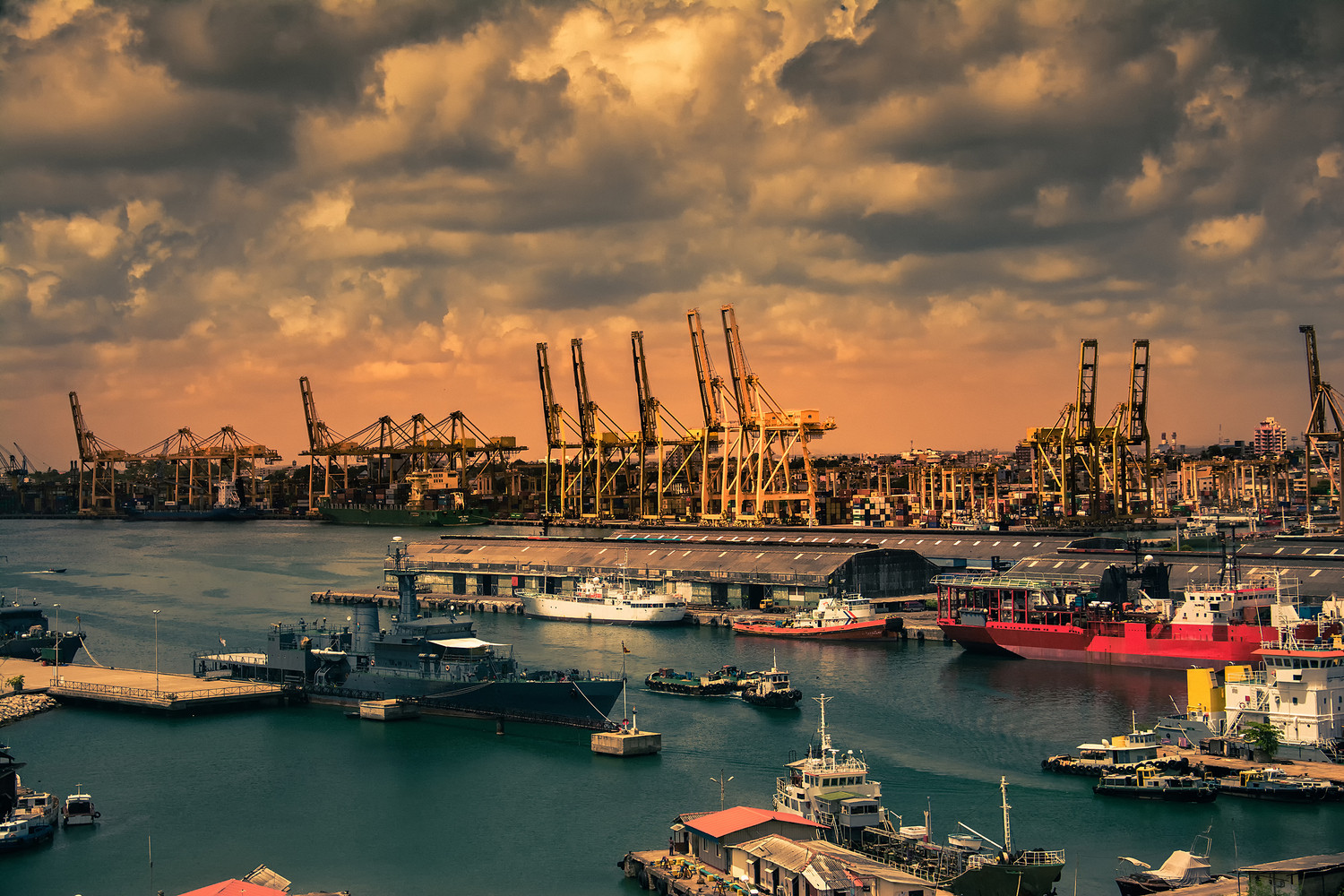
On 17 March 2021, the third phase of this project came to a conclusion with the launch of a report that summarises the results of a detailed study which saw the participation of 5 sectoral study groups consisting of 15 different industries/sectors.
Speaking at the launch of the report, AmCham Sri Lanka President, Presantha Jayamaha thanked the representatives of the 15 industry associations/chambers involved and noted that “identifying and understanding the varied scope and requirement of each individual industry, the various challenges and opportunities facing them has been eye-opening. My heart is to increase trade; to encourage & stimulate wealth creation across the entire value chain and provide impetus for sustainable opportunity for the entire nation; As such, engaging in constructive dialog to implement the recommended policy & advocacy engagements and networking required for capturing more US trade as we launch into Phase III and IV of this project will be exciting”.
Also addressing the online event was Sri Lanka’s ambassador to the United States, Ravinatha Ariyasinghe, who believes that the “[AmCham] report is path breaking in the sense that it … offers various suggestions to solve a problem. It comes at an opportune time, when the trade shifts and the winds of trade are being helpful with greater openness about trade and opportunity from those seeking to diversify. Among all its other advantages such as geo-strategic location, a skilled and adaptable workforce, a high standard of living, strong IPR laws and high rate of literacy, Sri Lanka’s recognition as an ethical manufacturing location, its proximity to India, generous incentives and its legislation allowing for uncomplicated repatriation of earnings are additional advantages to attracting potential investment.”
What’s in the report?
The report compares Sri Lanka’s inherent advantages and disadvantages to its peers in the region such as Vietnam, Thailand, Indonesia, the Philippines, India, and Bangladesh. While Sri Lanka benefits from a strong reputation for quality, well-organised supply chains, an English-speaking workforce, and a relatively high proportion of standards-compliant manufacturing facilities, the country is also hamstrung by high costs, lack of economies of scale, external tariffs, unfavourable regulations, outdated laws, and ad-hoc policy changes.
Given these conditions and global consumer expenditure trends, the study has identified that Sri Lanka’s tea, food & beverage, electronics & mechanical, larger scale exports (apparel & rubber), lesser scale exports (toys, giftware, wooden items etc.), pharmaceuticals, boat building, and the IT/BPM industries stand to benefit the most from global companies who are looking to diversify their supply chains.

For that to happen however, there is a lot of work that needs to be done, and government support is essential. Sectoral representatives who were involved in the study have highlighted the need to link businesses with buyers and industry associations, the pressing requirement to establish ‘information hubs’ that can help exporters educate themselves on different markets and their laws, and the importance of receiving guidance to prepare material and directories of products and services specific industries could supply to demanding markets such as the US. Industries such as apparel and rubber had also called for fast-tracking of the Eravur Textile Park project and the removal of quotas under the Sri Lanka-India FTA.
The report also notes that among the key areas in which government support is being sought are the establishment of one-stop shops for approval of investments into the country, the provision of incentives such as capital allowances and tax incentives, the reduction or elimination of complex approvals to import raw materials, and the digitalization of import/export-related customs and clearance processes. Interestingly, these are also areas that Sri Lanka has traditionally struggled at, which consequently make it harder to convince investors to set up operations in the country. A recent news report in the Daily FT, a local daily, highlighted how Sri Lanka only managed to improve one notch in the World Bank’s ‘Ease of Doing Business Index, for 2020’ moving to 99th, up from 100th in 2019, out of 190 economies across the world. In comparison, India and Pakistan enacted a number of reforms last year that have helped them rank amongst the best improved countries in the Doing Business rankings.
What’s next?
AmCham Sri Lanka now expects to hand over the report to the Government of Sri Lanka and collaborate with policymakers to help Sri Lanka implement the report’s recommendations. But while the wheels of any bureaucracy are known to turn slowly, it is important that at least in this instance, policymakers act with urgency to harness this once-in-a-lifetime opportunity that holds the potential to reshape Sri Lanka’s growth trajectory for the better.

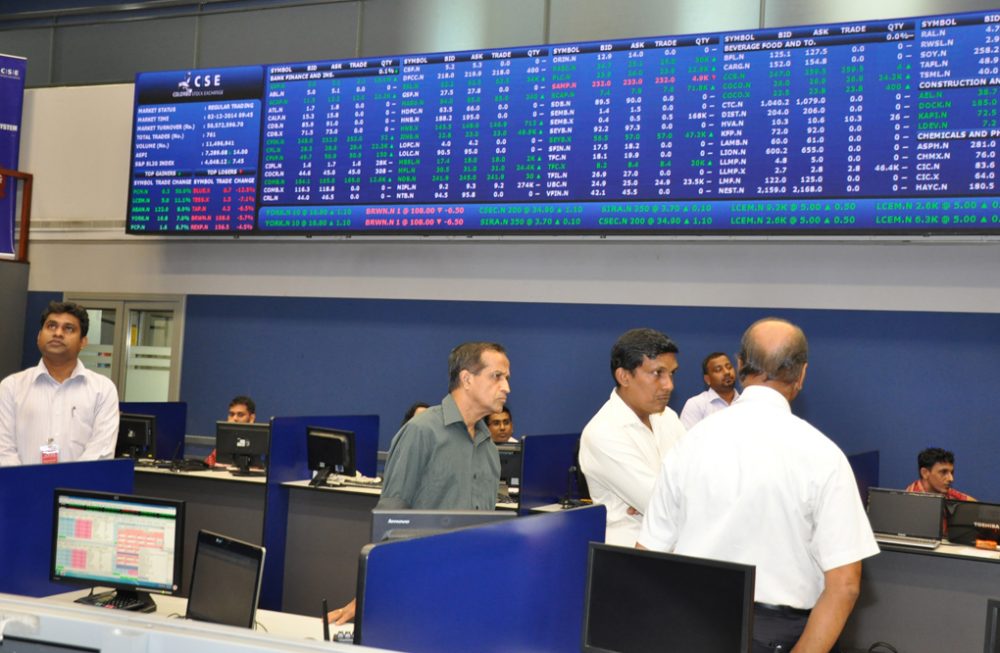
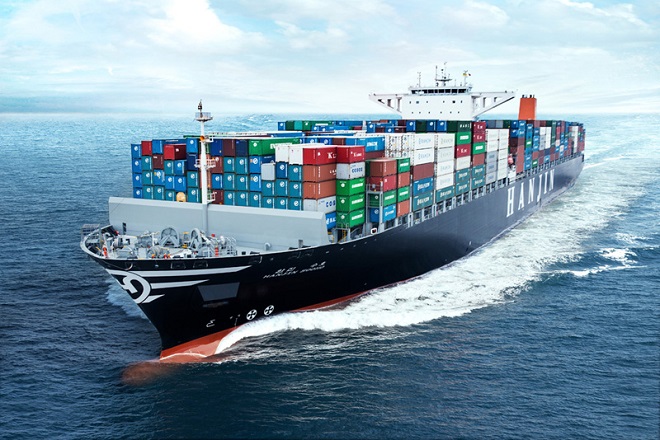
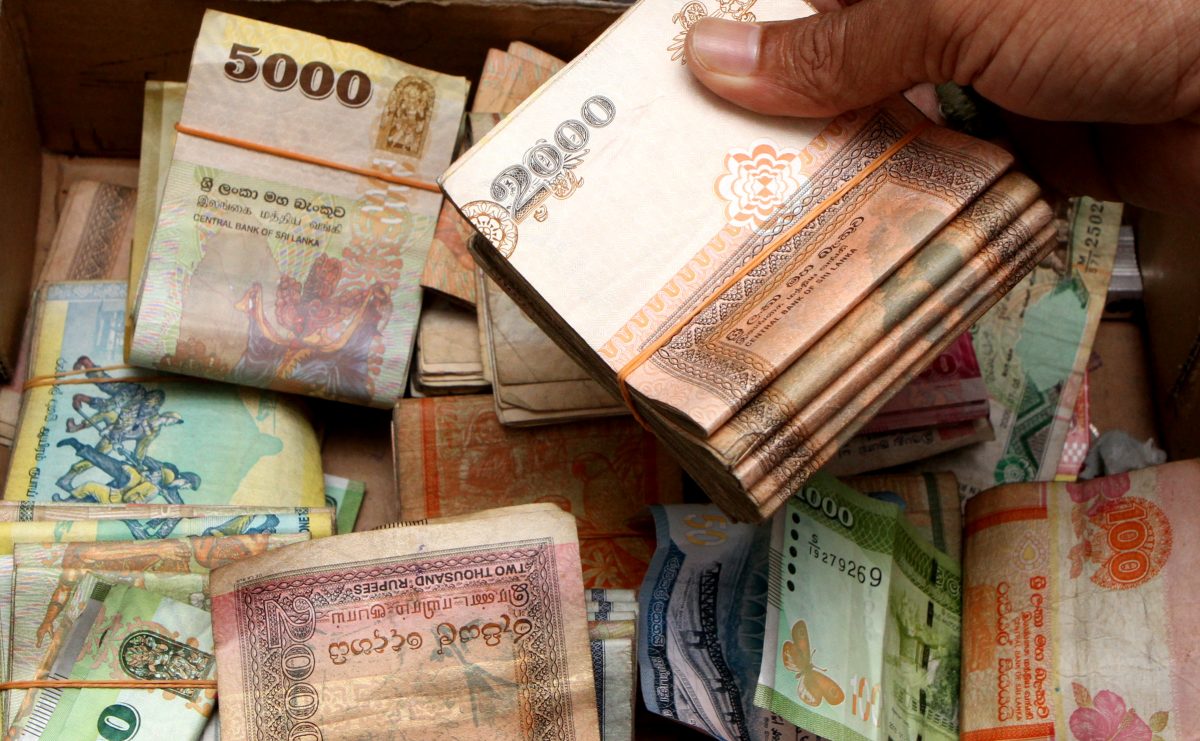
.jpg?w=600)
